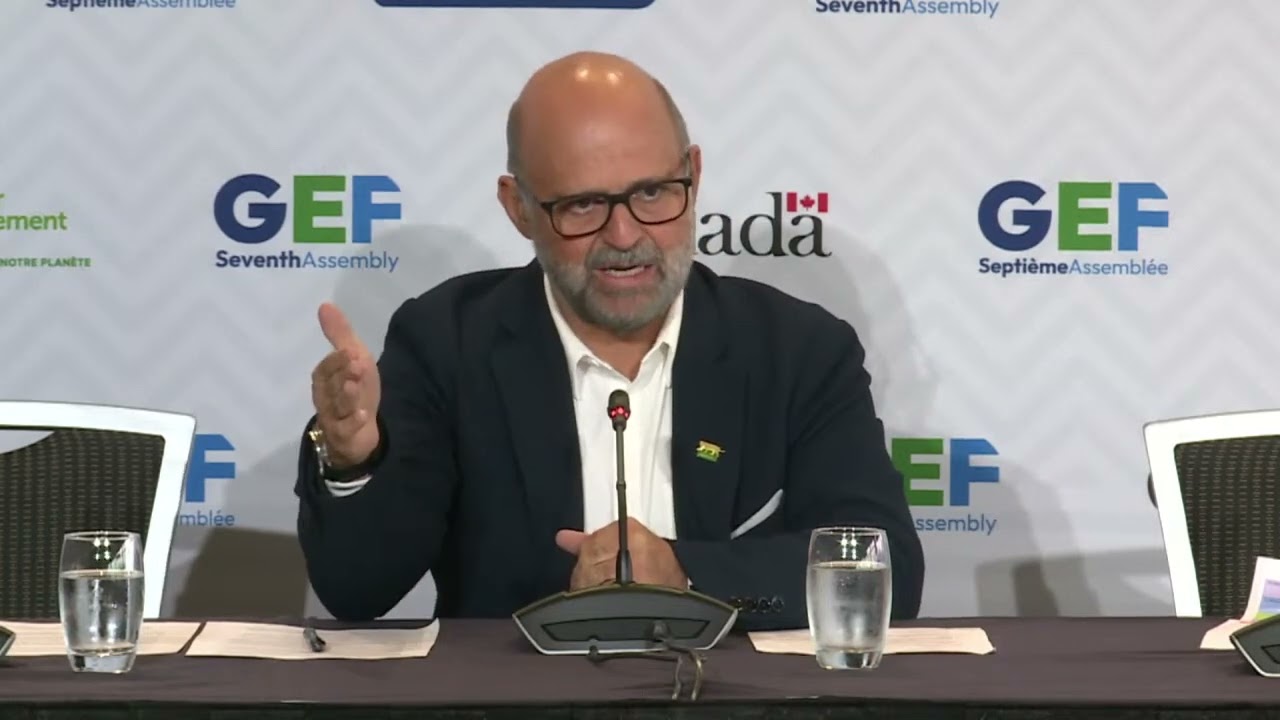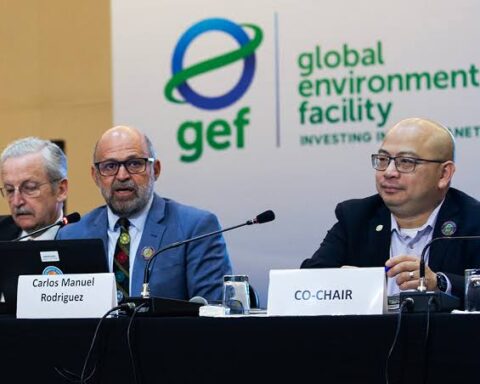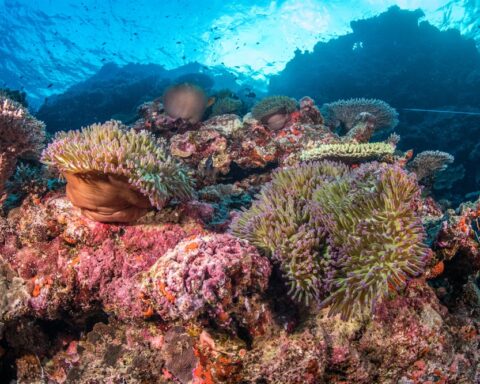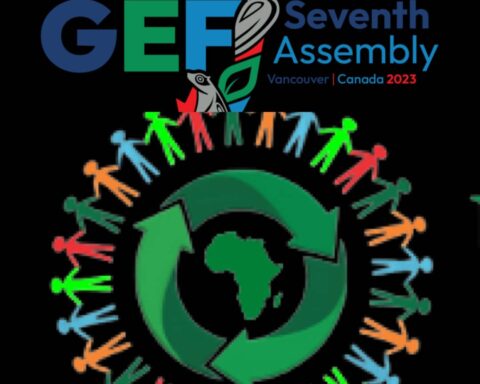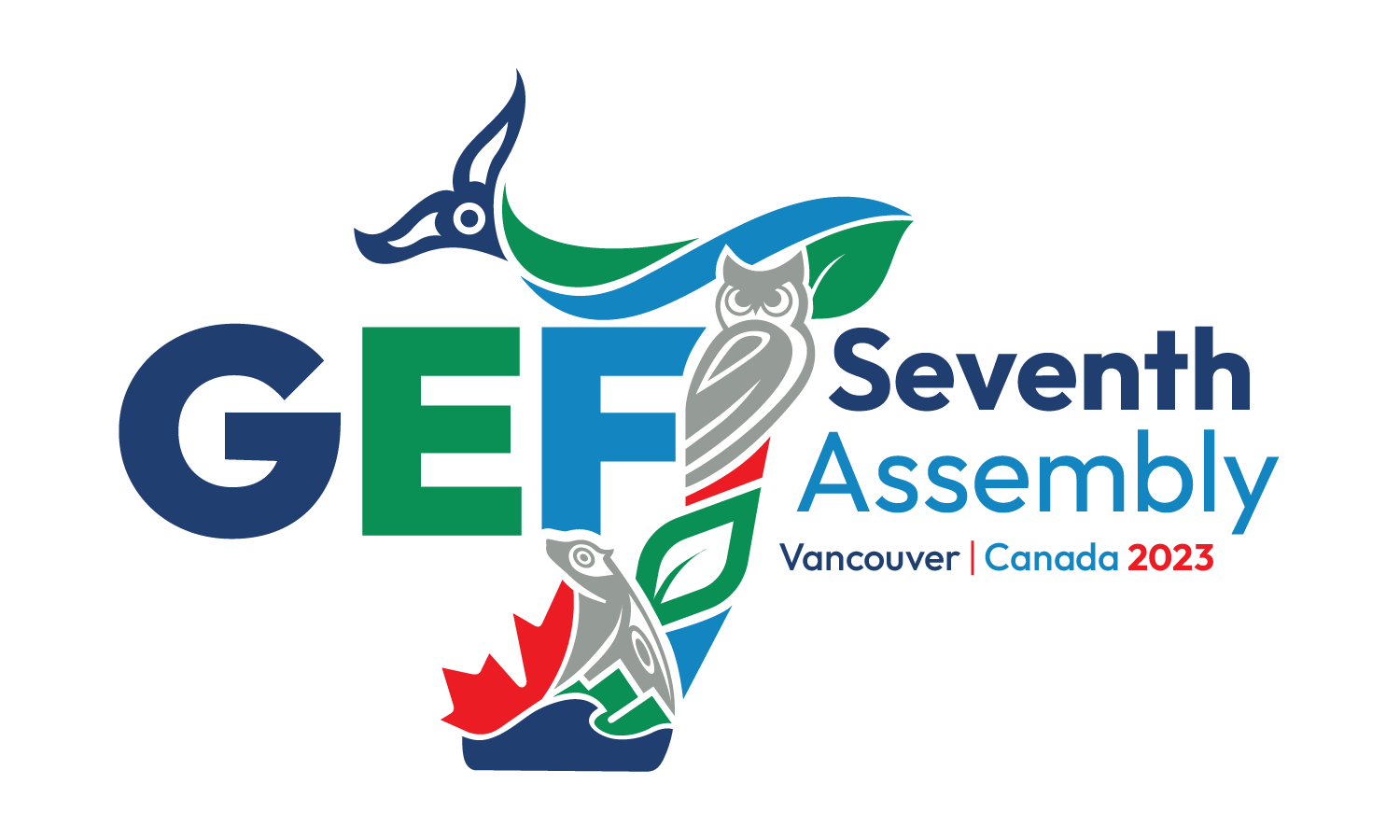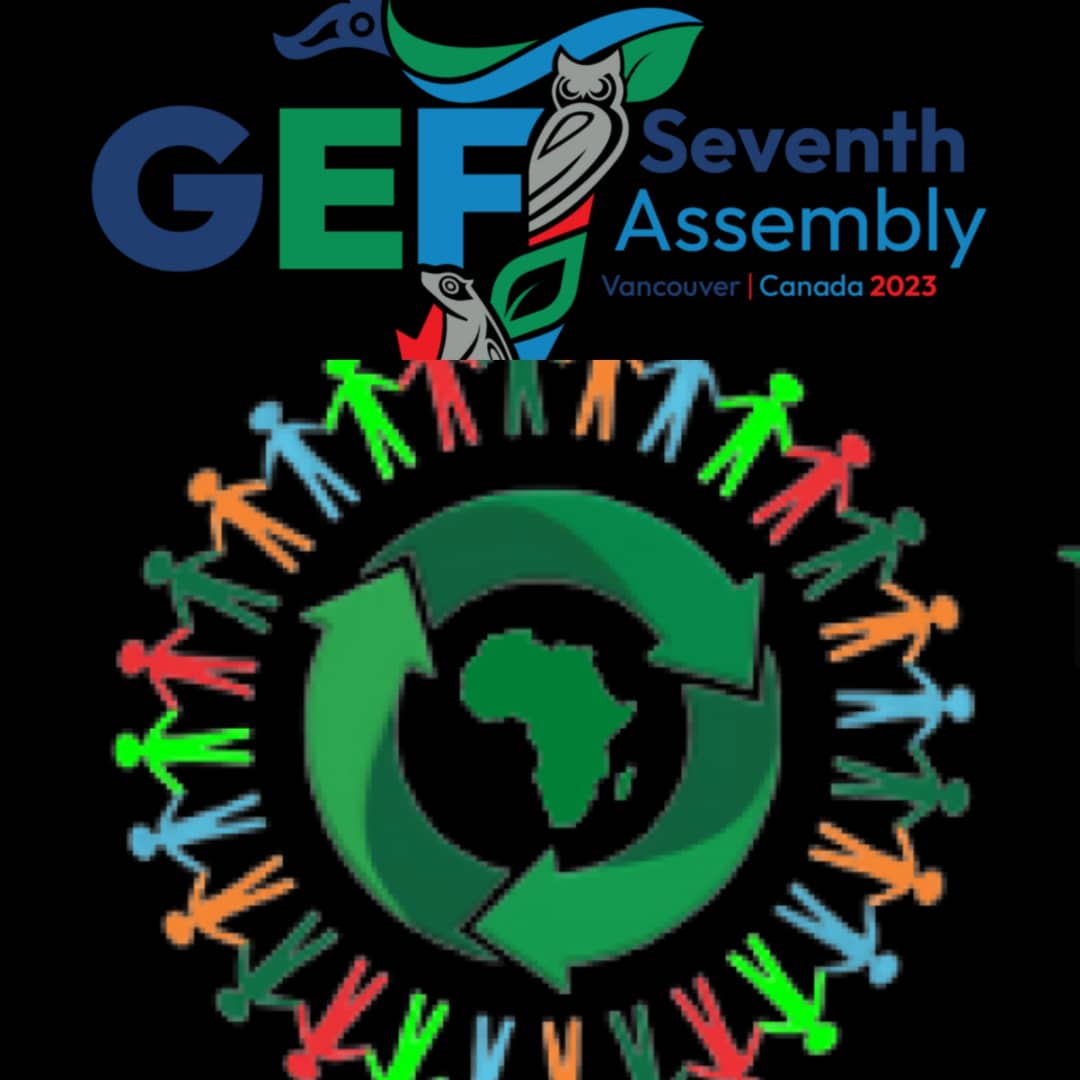The Global Environment Facility (GEF) is likely to work more closely with civil society organizations in the future.
GEF, Chief Executive Carlos Manuel Rodriquez gave this hint in response to a question during the press meeting on how GEF would work with civil societies in countries where the relationship between them and the governments is not good.
Rodriquez acknowledged this was the situation in as much as 40 percent of the countries with which GEF works, saying it would work directly with non-governmental organizations that work at the convention level.
He however accepted that this would be challenging and to ensure that governments do not feel that civil society is competing with them, more funds would be needed.
According to him Rodriquez called it the “new financial paradigm” and said financial aid may be equivalent to 10 per cent of the total fund provided by the GEF by 2030. He stressed the importance of civil societies in the implementation of GEF projects and global environmental solutions.
While this decision shows GEF’s commitment to working with civil society, the percentage of the fund being discussed is lower than the 20 percent demanded by Avaaz, a civil society organization.
A decision on this is likely to be endorsed during the plenary session scheduled for August 24, 2023.
Day one of the meeting also saw more than 30 side events on diverse topics, such as gender equality for better environmental outcomes, innovative solutions to biodiversity in cities, human-wildlife co-existence, and food system transformation pathways.
The session on indigenous and local knowledge discussed how the contributions of Indigenous Peoples and Local Communities can be increased in the future.
The discussion on the Arctic and the North explored the role of indigenous knowledge in climate change adaptation, while another session on the Amazon explored the way conservation connects community-based initiatives for the sustainable management of fisheries.
Youth leaders in the opening session called for greater representation in decision-making, channeling passion and anger to influence change and teaching compassion to combat apathy. They urged working collectively instead of competing with each other.
During the exchange, Rodriguez stressed that “we have failed” the planet in that the Assembly is being held in the middle of environmental crises the GEF was created to avert.
In response, there is a need for whole-of-government and whole-of-society approaches and ensuring that this understanding is embedded in the next GEF replenishment.
By Dare Akogun


